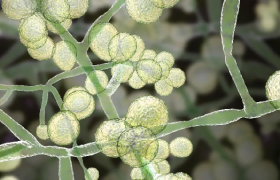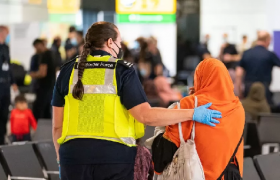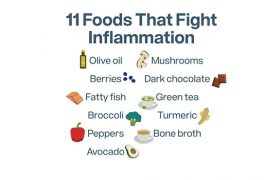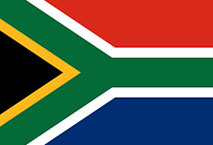World Mosquito Day
More than just annoying summertime pests, mosquitoes are responsible for spreading malaria, a disease that kills over half a million people each year. In 1897, Ronald Ross discovered that mosquitoes transmit malaria, revolutionizing our understanding of the disease and increasing awareness of malaria prevention.
Today, the best way to prevent malaria is to avoid bites from infected mosquitoes. Methods like using insecticide-treated nets, providing preventive treatment for pregnant women and infants, and indoor residual spraying help reduce transmission. However, the high number of mosquitoes in heavily affected areas like Sub-Saharan Africa makes it difficult to completely eradicate the disease.
History of World Mosquito Day
Mosquitoes, those tiny blood-sucking insects, are responsible for spreading serious diseases like malaria. Without a vaccine, malaria—an ancient disease that has affected humans since the beginning of agriculture—continues to be a deadly threat worldwide. Malaria is caused by Plasmodium parasites and has been mentioned in historic texts dating back to the first millennium BCE. In fact, malaria parasites have been found in mosquito remains that are over 30 million years old!
Malaria has impacted every continent except Antarctica and remains a major issue in regions like Sub-Saharan Africa, South Asia, and the Caribbean. Over 200 million people still get malaria each year, and in 2010, 90% of malaria deaths occurred in Africa. The World Health Organization is concerned about drug-resistant malaria, which could make it harder to control the spread of the disease.
World Mosquito Day marks the date when Sir Ronald Ross, a British army surgeon working in India, discovered that mosquitoes transmit malaria by finding malaria parasites in mosquitoes that had fed on an infected person. This breakthrough revolutionized our understanding of malaria and led to new ways to prevent it. Ross was awarded the Nobel Prize for Physiology or Medicine in 1902 for his work.
Ross also established the first World Mosquito Day to raise awareness about the connection between mosquitoes and malaria. While our understanding of the disease has improved, leading to better prevention and treatment methods, a malaria vaccine has yet to be developed.
World Mosquito Day timeline
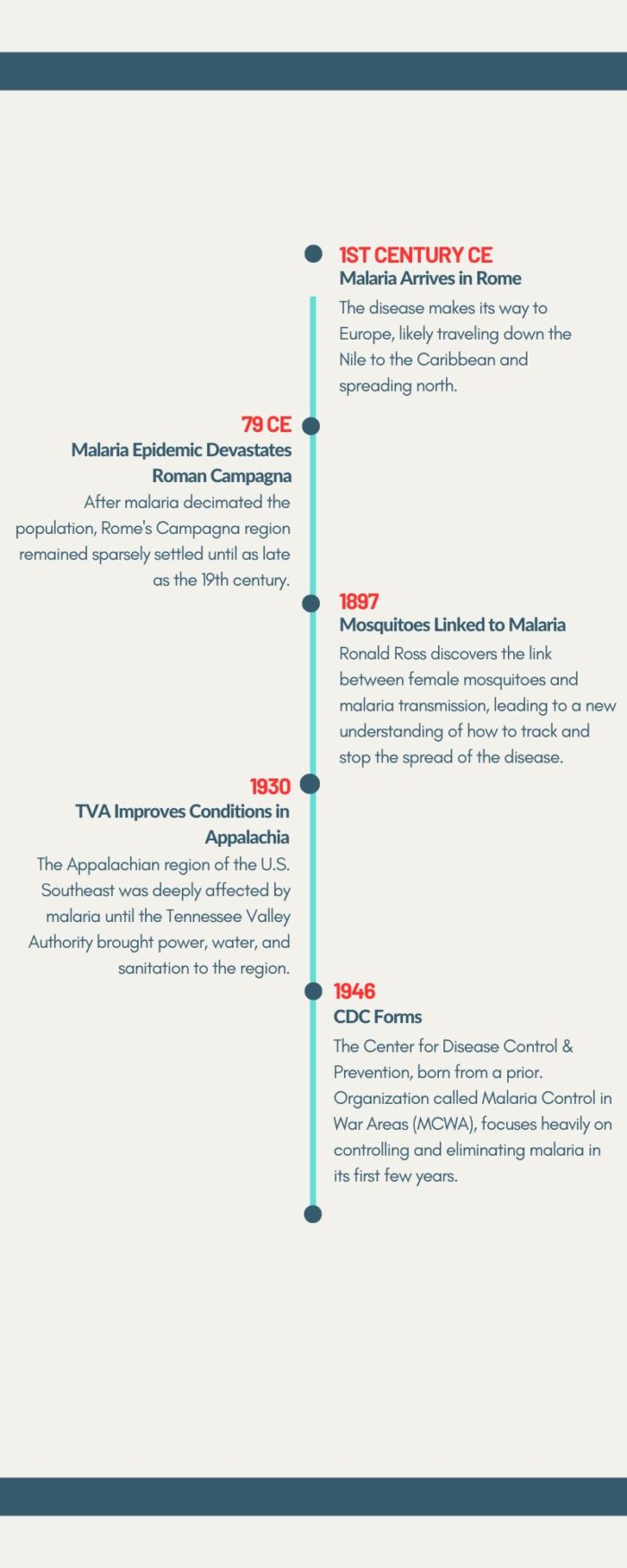
World Mosquito Day FAQs
Why do female Anopheles mosquitoes bite humans?
Female Anopheles mosquitoes bite humans to obtain blood, which they need to nurture their eggs. During this process, they can pick up the malaria parasite from infected people.
What time do malaria mosquitoes bite?
The female Anopheles mosquito, the only mosquito that transmits malaria, typically bites between 9 p.m. and 5 a.m.
Can a single mosquito bite cause malaria?
Yes, a single bite from an infected mosquito is enough to cause malaria.
How to “Celebrate” World Mosquito Day
1. Raise Funds for an Anti-Malaria Organization
Partner with a local non-profit or organize your own event to raise money for anti-malaria efforts. The funds can be donated to organizations that distribute mosquito nets, provide medication and treatment to affected communities, or support research on vaccines and new treatments.
2. Learn About Malaria
Educate yourself on how malaria spreads, the regions where it is most common, and how to protect yourself if you live in or plan to visit an at-risk area.
3. Raise Awareness Among Friends
Since malaria can impact people in many parts of the world, it’s important to spread accurate information about the disease. Sharing reliable information from reputable organizations on social media is a great way to help others stay informed.
5 Interesting Facts About Mosquitoes
1. Mosquitoes Are the Deadliest Animal
Mosquitoes are responsible for more deaths than any other animal on Earth!
2. Only Females Bite—and Only When Breeding
Female mosquitoes need blood to get the protein required for producing eggs, so they bite during reproduction. Males and females that aren’t breeding feed on flower nectar.
3. Synchronized Wingbeats
Male and female mosquitoes sync their wingbeats when they’re together.
4. Mosquitoes Aren’t Attracted to Light
Unlike most insects, mosquitoes are drawn to carbon dioxide rather than light. This signals that a mammal, which they find appealing for its blood, is nearby.
5. Hypodermic Needles Are Inspired by Mosquitoes
The design of hypodermic needles used in medicine was inspired by the sharp proboscis of mosquitoes, which helps make these needles less painful.
Why World Mosquito Day is Important
A. It Promotes Awareness of Malaria
Malaria is a widespread disease that can occur almost anywhere. It’s important to understand how it spreads, when you might be at risk, and how to protect yourself.
B. It Raises Funds for Malaria Research and Treatment
Since there is no vaccine yet, malaria continues to affect people globally. Research organizations are working hard to develop a vaccine and improve treatments.
C. It Reminds Us to Appreciate Scientists
While we still have a long way to go to eliminate malaria, advancements in medical science have led to better treatments, prevention measures, and a deeper understanding of the disease and its carriers.
World Mosquito Day dates
| Year | Date | Day |
|---|---|---|
| 2024 | August 20 | Tuesday |
| 2025 | August 20 | Wednesday |
| 2026 | August 20 | Thursday |
| 2027 | August 20 | Friday |
| 2028 | August 20 | Sunday |
Also Read:
International Homeless Animals Day
National Independent Worker Day
National Financial Awareness Day






























